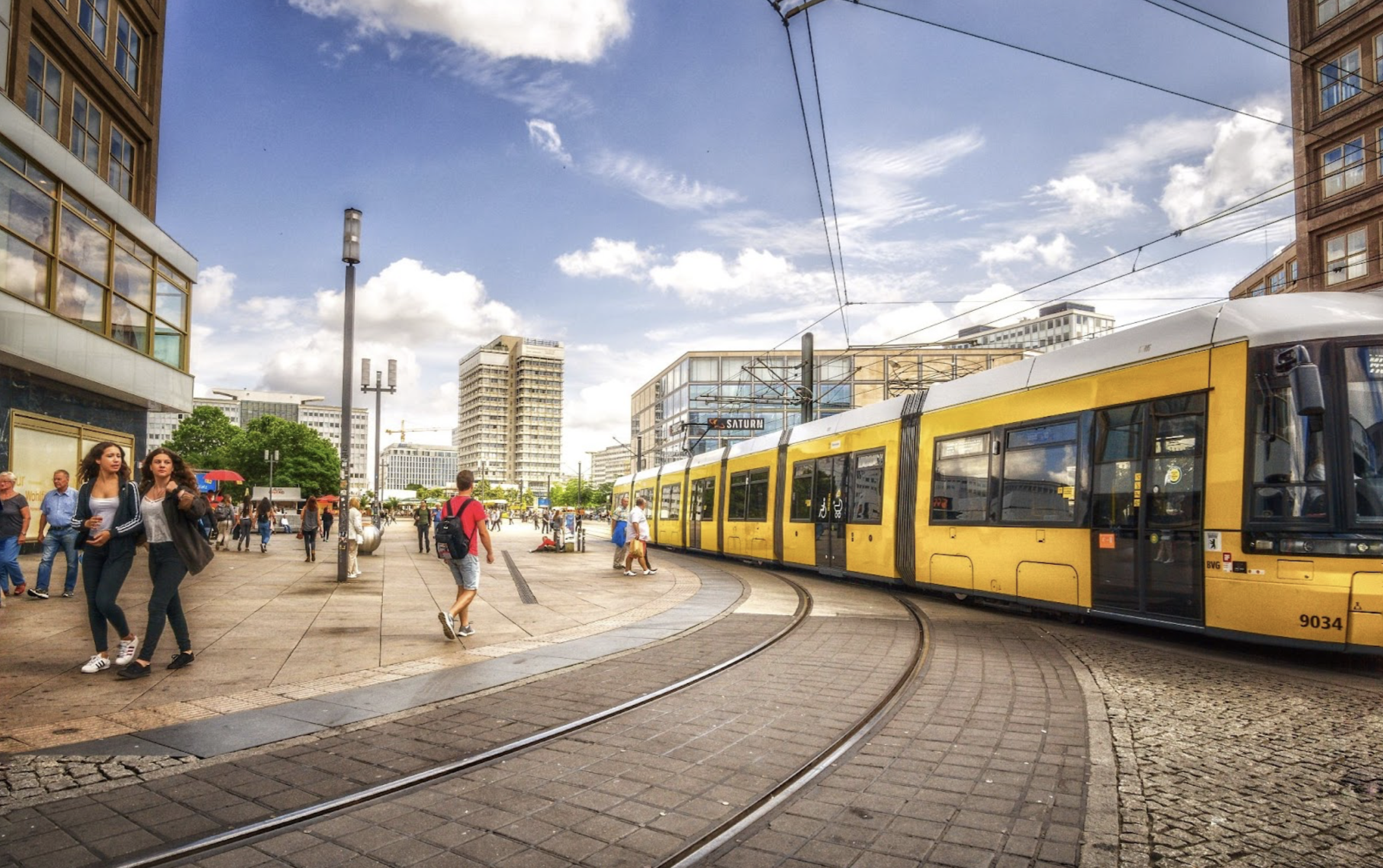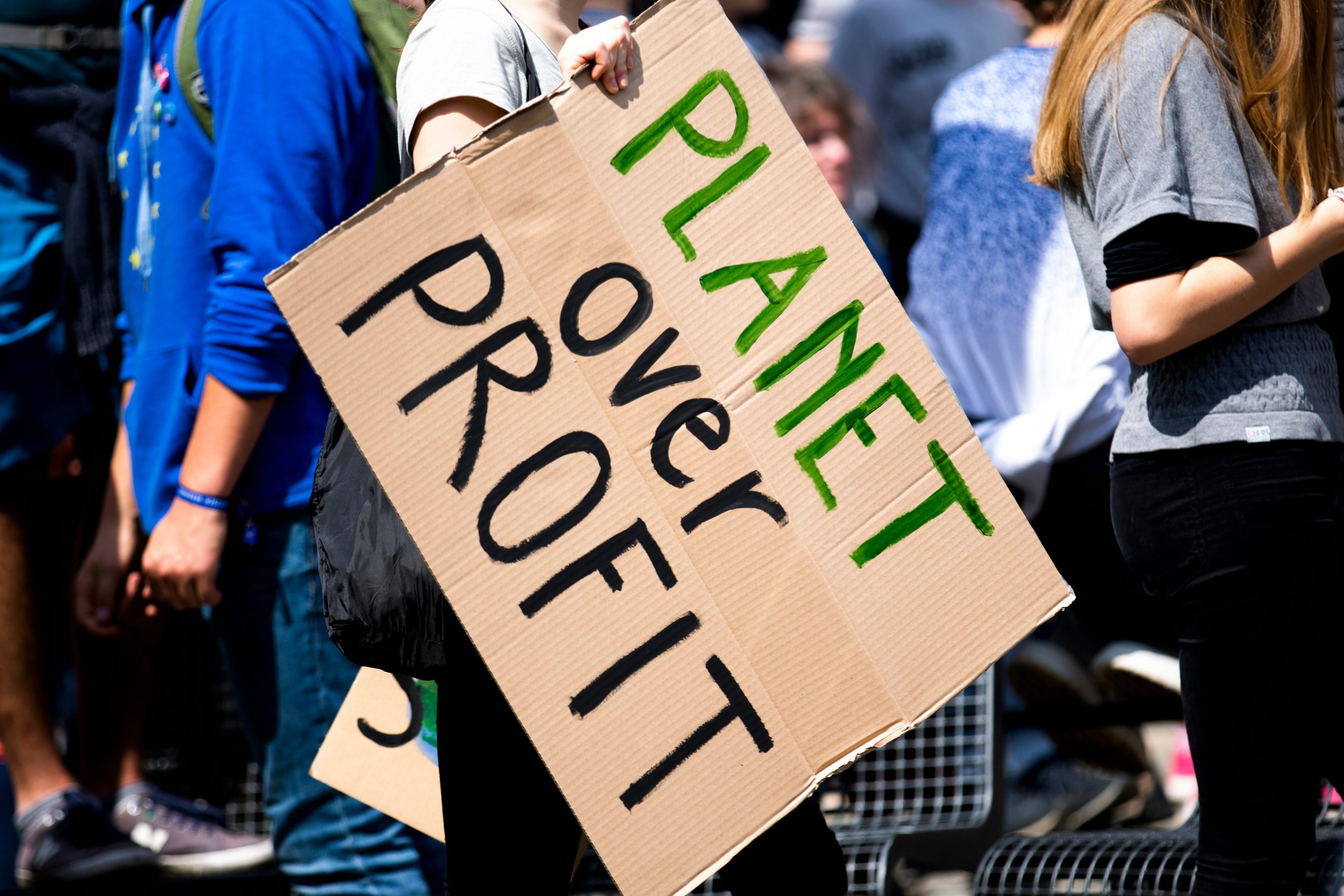Sen. Tom Carper (D-DE), chief sponsor of a plan to give green transportation 10 percent of the emissions allowances in the upcoming climate change bill, took to the pages of his home-state newspaper yesterday with an op-ed that begins with a pithy description of "the problem":
Sen. Tom Carper (D-DE) (Photo: DTI)
We use a gas tax to fund our nation's transportation system. That means that we pay for roads
and transit by burning gasoline. It also means that when Americans
drive less, transportation funds dry up.How, then, can we in Washington ask cities and states to help combat
climate change by reducing the amount their residents drive, when doing
so will deprive them of federal transportation dollars? We would be
punishing local governments for doing the right thing, and that is not
acceptable.
Carper also offered an answer to skeptical rural officials, such as the South Dakotan who testified at a field hearing last week that less-populated areas would be better off decreasing emissions from agriculture than trying to tackle cleaner transportation:
Our legislation directs cities and states to determine how much theycan reduce greenhouse gas emissions from their transportation systemsby investingin driving alternatives, public transit, intercity passenger rail,transit-oriented development, sidewalks and more. States and citieswith more ambitious plans will receive more federal funds -- finallyrewarding local governments for doing the right thing.
This aspect of Carper's proposal, also known as "CLEAN TEA," is pivotal. Setting emissions targets would be up to states and metro areas, not forced upon them by federal policy-makers. A state that determined its ability to cut transport-based pollution was limited could propose a lower emissions target and accept less of the 10-percent pot.
But wouldn't that penalize South Dakota and other states that have less transit potential? No more than the current guarantee of 92 cents' return for every gas-tax dollar sent to Washington has penalized states such as New York, where less driving has come to mean less aid available for transport.
In fact, the White House's high-speed rail effort offers proof that the promise of federal funds can get almost every state interested in green transportation. Forty out of 50 states have begun the process of competing for $8 billion in rail, according to the U.S. DOT.





